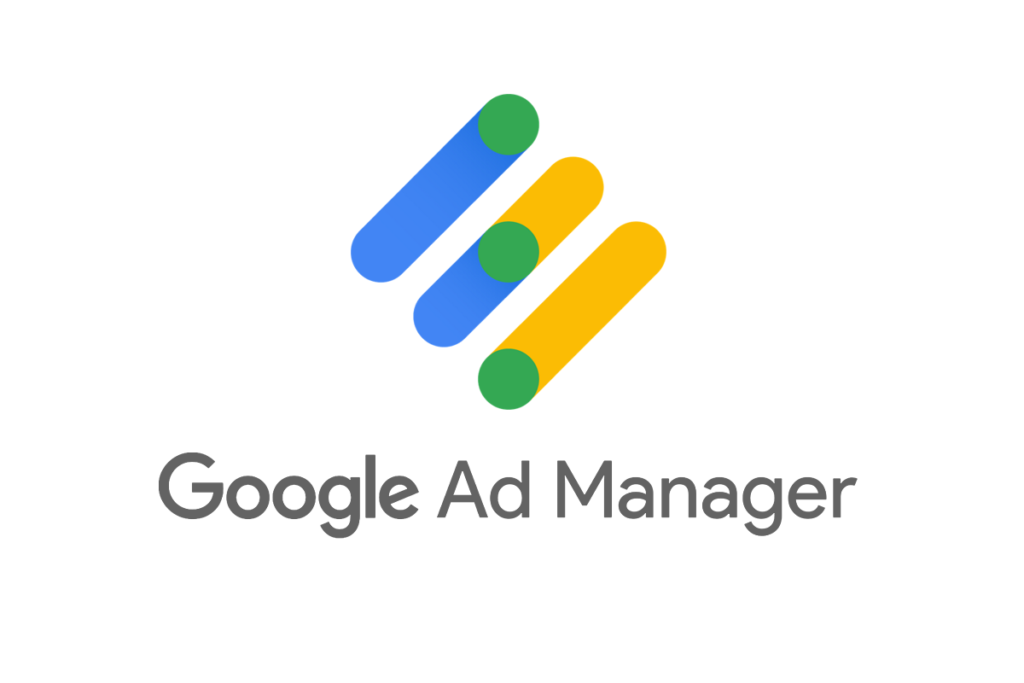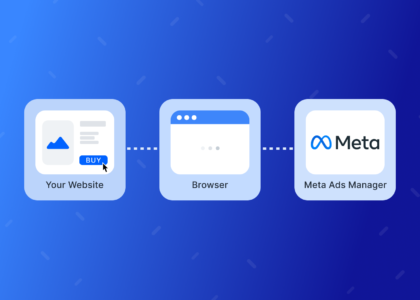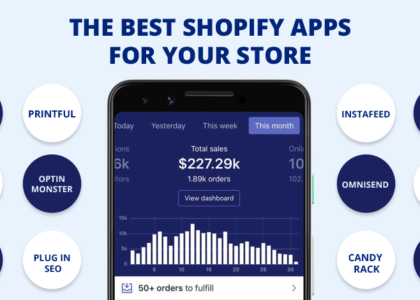Google Ad Management: Master Your Campaigns for Success
Introduction
Google Ad Management is essential for any business looking to enhance its online presence. By effectively managing your Google Ads, you can reach your target audience, increase conversions, and maximize your return on investment (ROI). In this comprehensive guide, we will explore the fundamentals of Google Ad Management and provide you with actionable strategies to improve your ad campaigns.
What is Google Ad Management?
It involves the strategic planning, execution, and monitoring of Google Ads campaigns. It includes keyword research, ad creation, bidding strategies, and performance analysis. Effective Google Ad Management ensures that your ads are displayed to the right people at the right time, driving relevant traffic to your website.
Importance of Google Ad Management
Managing Google Ads effectively can significantly impact your business’s success. Here are some key benefits of Google Ad Management:
- Increased Visibility: Properly managed ads ensure your business appears at the top of search results.
- Targeted Advertising: Reach your ideal audience based on demographics, interests, and behaviors.
- Cost Efficiency: Optimize your ad spend to get the best results without overspending.
- Performance Tracking: Measure and analyze the success of your campaigns in real-time.

Key Components
To master Google Ad Management, you need to focus on several key components:
- Keyword Research
Keyword research is the foundation of any successful Google Ad campaign. Identify relevant keywords that your target audience is searching for. Use tools like Google Keyword Planner to find high-traffic, low-competition keywords. - Ad Creation
Creating compelling ads is crucial for attracting clicks. Your ads should be clear, concise, and highlight the unique selling points of your products or services. Use strong call-to-actions (CTAs) to encourage users to take the desired action. - Bidding Strategies
Implementing effective bidding strategies can help you get the most out of your ad budget. Consider using automated bidding options like Target CPA (Cost Per Acquisition) or Target ROAS (Return On Ad Spend) to optimize your bids based on your campaign goals. - Performance Analysis
Regularly analyze the performance of your ads to identify what’s working and what’s not. Use Google Ads’ reporting tools to track metrics like click-through rate (CTR), conversion rate, and cost per click (CPC). Adjust your strategies based on these insights to improve your campaigns continuously.
Advanced Techniques
To take your Google Ad Management skills to the next level, consider implementing these advanced techniques:
- Remarketing Campaigns
Remarketing allows you to target users who have previously visited your website but did not convert. By displaying relevant ads to these users, you can increase the chances of converting them into customers. - Ad Extensions
Ad extensions enhance your ads by providing additional information and increasing their visibility. Use extensions like site links, callouts, and structured snippets to give users more reasons to click on your ads. - A/B Testing
A/B testing involves creating multiple versions of your ads and testing them to see which performs better. Experiment with different headlines, ad copy, and CTAs to determine what resonates most with your audience. - Geo-Targeting
Geo-targeting allows you to show your ads to users in specific locations. This is particularly useful for businesses with physical locations or those targeting local customers. Tailor your ads based on the geographic preferences of your audience.
Common Mistakes in Google Ad Management
Avoid these common mistakes to ensure the success of your Google Ad campaigns:
- Ignoring Negative Keywords: Negative keywords prevent your ads from showing for irrelevant searches, saving you money and improving ad relevance.
- Overlooking Mobile Optimization: Ensure your ads are optimized for mobile devices, as a significant portion of users access the internet via smartphones.
- Setting and Forgetting Campaigns: Regularly review and update your campaigns to stay competitive and address any performance issues.
- Neglecting Ad Copy: Continuously test and refine your ad copy to keep it engaging and relevant.
Explore more about services
Best Practices for Google Ad Management
Follow these best practices to maximize the effectiveness of your Google Ad campaigns:
- Set Clear Goals
Define your campaign objectives, whether it’s increasing website traffic, generating leads, or boosting sales. Clear goals help you measure success and make informed decisions. - Monitor Competitors
Keep an eye on your competitors’ ad strategies. Analyze their keywords, ad copy, and bidding tactics to gain insights and stay ahead. - Leverage Data
Utilize data from your campaigns to make data-driven decisions. Identify trends, patterns, and areas for improvement to refine your strategies. - Stay Updated
Google Ads is constantly evolving. Stay informed about the latest features, updates, and best practices to ensure your campaigns remain effective.
Conclusion
Effective Google Ad Management is crucial for businesses looking to succeed in the digital landscape. By implementing the strategies and techniques outlined in this guide, you can optimize your ad campaigns, reach your target audience, and achieve your business goals.





